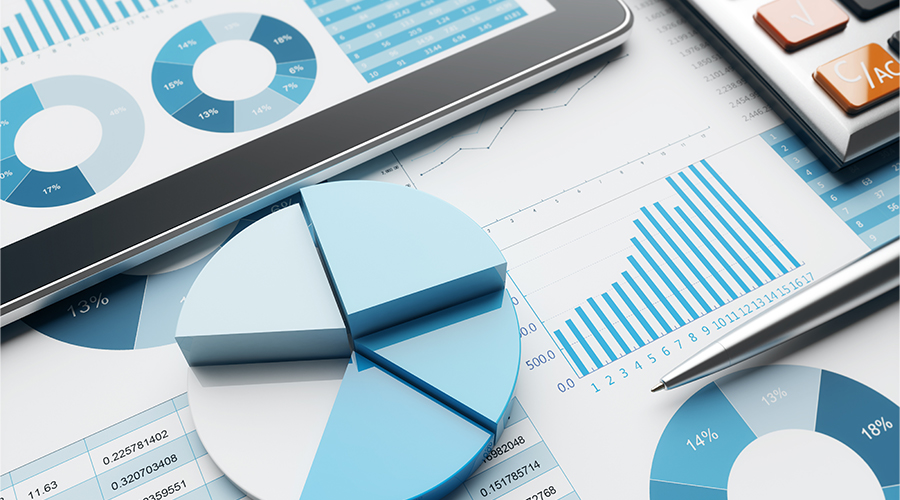Hello!
When you want to comprehend the genuine influence of big data analytics on your hotel’s marketing strategies, it’s crucial to have a system of measurement in place.
 To do this effectively, you need to identify and monitor some key performance indicators (KPIs). Below, we unpack these KPIs to make this task more manageable and straightforward:
To do this effectively, you need to identify and monitor some key performance indicators (KPIs). Below, we unpack these KPIs to make this task more manageable and straightforward:
1. Response Times
Your response time is a critical indicator of your customer service quality. This KPI measures how quickly your team responds to customer queries or complaints.
With the help of big data analytics, you can analyze response times in detail, finding patterns and pinpointing areas for improvement. A decrease in response times typically indicates improved efficiency.
2. Problem Resolution Rates
The problem resolution rate measures how effectively and efficiently your team handles customer issues. It’s not just about speed, but also about ensuring the problem is fully resolved to the customer’s satisfaction.
 With analytics, you can track these rates over time, identify common issues that require improved processes, and even predict future challenges based on past trends.
With analytics, you can track these rates over time, identify common issues that require improved processes, and even predict future challenges based on past trends.
3. Conversion Rates
Conversion rate, a pivotal marketing KPI, denotes the percentage of customers who act – such as making a booking – after viewing your promotional content.
With the power of big data analytics, it becomes possible to decipher what sways a customer’s booking decision. This not only enables content optimization but also refines your marketing messages to bolster conversion rates.
4. Customer Satisfaction Levels
 Customer satisfaction is perhaps the most important KPI. It indicates how happy your customers are with their overall experience at your hotel. Using big data analytics with CRM software helps you dive deeper into customer feedback and ratings to understand what you’re doing right and where you need to improve.
Customer satisfaction is perhaps the most important KPI. It indicates how happy your customers are with their overall experience at your hotel. Using big data analytics with CRM software helps you dive deeper into customer feedback and ratings to understand what you’re doing right and where you need to improve.
Remember, the goal of tracking these KPIs is to provide actionable insights that can shape your marketing strategies. By consistently monitoring and analyzing these metrics, you can determine the efficacy of your big data initiatives and make adjustments as needed.
It’s a continuous process of learning, adapting, and enhancing to stay ahead in the competitive hotel industry.
Also read:
- Top 5 Trends in Social Media
- What is Customer Lifetime Value and Customer Acquisition Cost?
- What is Python Used For?
Conclusion:
Big Data is not just a trend. It’s here to stay, and it’s reshaping the way hotels approach marketing. By understanding and leveraging big data analytics, hotels can gain a competitive edge, deliver superior customer experiences, and drive significant growth.
The journey toward implementing big data analytics in your organization may seem challenging, but the rewards are well worth the effort. So get ready to embark on this transformative journey.
Thank you!
Join us on social media!
See you!






